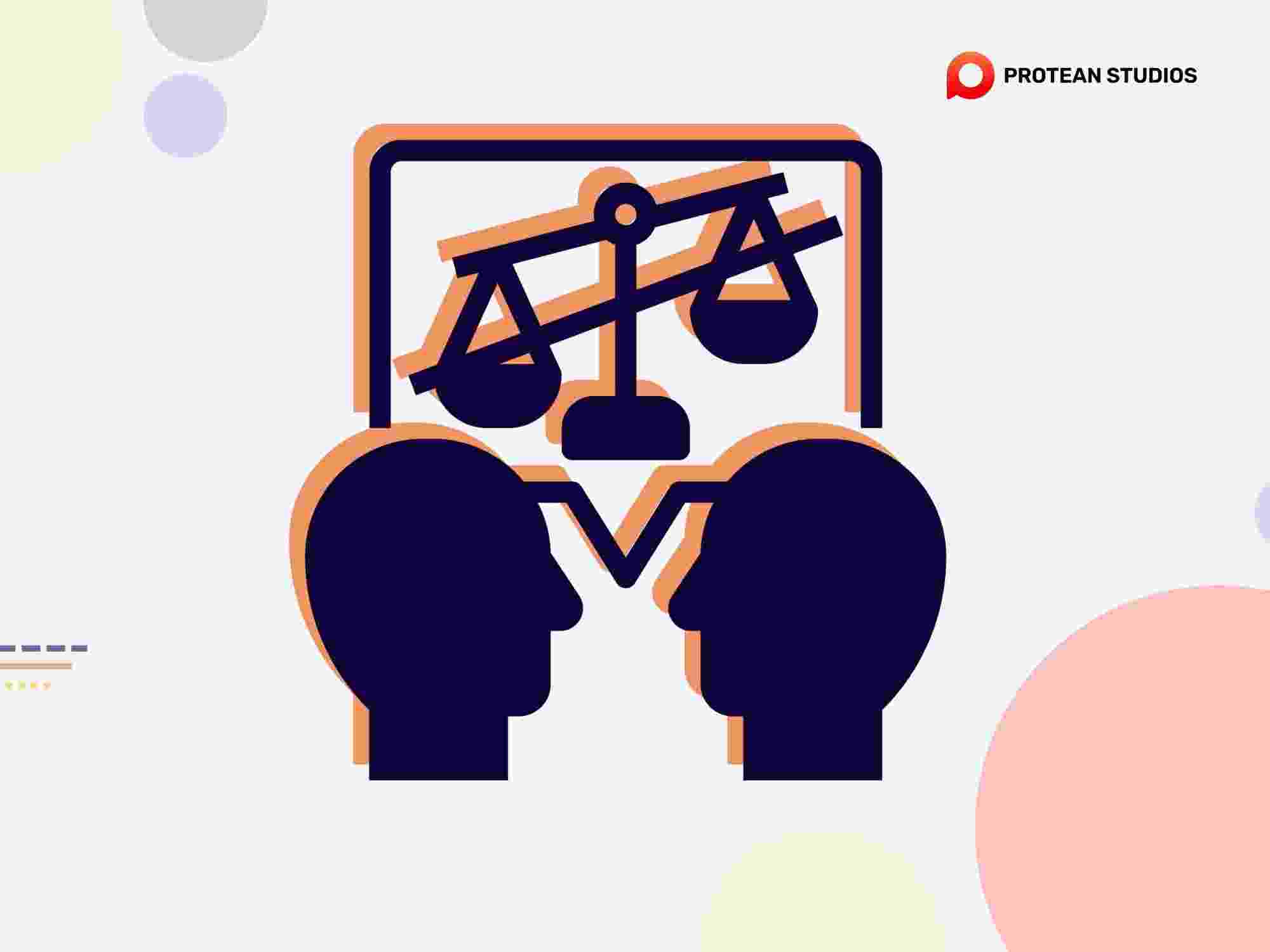In the evolving landscape of artificial intelligence (AI), it's essential to navigate its immense potential while remaining cognizant of the potential risks. As AI continues to integrate into our daily lives, understanding the key pitfalls is crucial for responsible development and deployment. This article explores the critical AI risks that demand our attention and proactive measures.
AI bias
Computer programs, including AI, have often been seen as tools to combat human bias. Yet, studies and real-world cases suggest that this belief may be misplaced. Humans exhibit cognitive bias—tendencies to simplify information processing based on personal preferences and past experiences, often at the expense of logical reasoning.
These biases can be embedded into AI and computer programs during their development and training. This problem becomes even more pronounced when AI systems are designed to replicate human decision-making processes.

A notable example dates back to the 1900s, when a British medical school was found guilty of discrimination. The school used a computer program to select applicants for interviews, which aimed to match the decisions of human admissions staff with 95% accuracy. Despite this, the system was later discovered to discriminate against women and candidates with non-European names.
Learn more: Cutting through the Generative AI Hype in B2B
Data privacy
AI models often need vast amounts of data, much of which can include sensitive personal information. This raises significant concerns about data privacy, as AI systems can expose private details or misuse personal data for unintended purposes. For instance, healthcare AI tools trained on patient data might put individuals’ medical histories at risk if not secured, or AI-driven social media algorithms may use user data to manipulate behavior.
To protect data privacy, organizations must follow strict data protection regulations such as the General Data Protection Regulation (GDPR). AI systems should be designed with privacy in mind, incorporating techniques like data anonymization and encryption to reduce risks. Users should also be informed about how their data is being used, allowing them to make informed decisions about their privacy.

Read more: Mastering Data Governance: Unleashing the Power of AI in Business
Data breach
As AI systems become more integral to businesses and governments, they also become prime targets for cyberattacks. A breach in an AI system could expose sensitive information such as financial records, trade secrets, or even national security data. Hackers may also exploit AI systems by feeding them malicious data, leading to corrupt outputs or operational failures.
To combat this risk, robust cybersecurity measures must be put in place. This includes regular security audits of AI systems, strong encryption protocols, and multi-layered defenses to prevent unauthorized access. As AI becomes more integrated into critical infrastructure, securing these systems against data breaches will be important to prevent catastrophic consequences.

A global joint effort
The challenges posed by AI cannot be tackled by individual organizations or countries alone. The development of global standards, ethical guidelines, and collaborative regulatory frameworks is essential to ensure AI is used for the benefit of society as a whole. Governments, tech companies, academia, and international organizations must work together to establish shared principles on AI safety, fairness, and accountability.
Initiatives such as the European Union’s AI Act and the creation of AI ethics councils in various countries are steps toward a global approach to AI governance. Yet, continued collaboration is needed to address emerging risks, such as deepfake technology, autonomous weapons, and the concentration of AI power in the hands of a few tech giants. Only through a coordinated effort can we create a balanced and ethical future for AI.
Other Article: Synthetic Data: Solving the Privacy Challenge in AI Development
AI’s rapid advancement brings both incredible potential and significant risks. From addressing biases to safeguarding privacy and preventing cyberattacks, it’s crucial to stay vigilant and proactive. Through global cooperation and responsible AI development, we can leverage this technology’s benefits while minimizing its dangers, ensuring a more fair and secure future for all.




